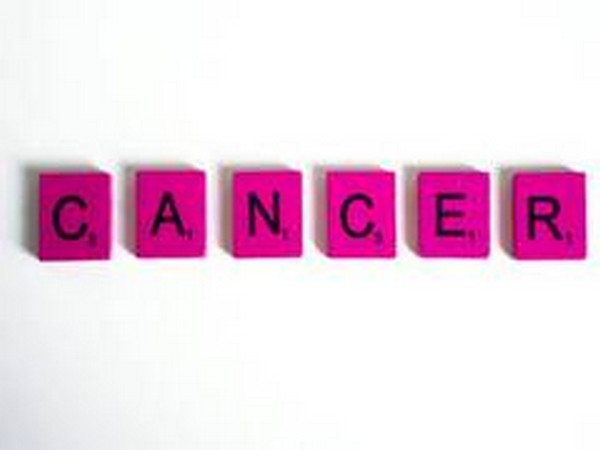

A group of researchers has discovered that the loss of the neurofibromin 1 (NF1) gene leads to a reduced response to alpelisib.
The study was published in the journal, ‘Cell Reports Medicine’.
A research group at the Department of Biomedicine of the University of Basel has now discovered that the loss of the neurofibromin 1 (NF1) gene leads to a reduced response to alpelisib. The researchers also found that the dietary supplement N-acetylcysteine restores the sensitivity of cancer cells to this treatment.
Loss of gene triggers resistance
At the moment, patients with advanced and metastatic breast cancer lack effective treatment options. The PI3K signaling pathway is often overactive in breast cancer due to mutations promoting tumor development. The approval of the PI3K inhibitor Alpelisib was therefore keenly anticipated.
“Unfortunately, it turned out that the success of the medication is severely limited by resistance,” says Professor Mohamed Bentires-Alj, head of the research group. “Hence, we urgently need to find out more about how resistance arises.”
So his team went looking for the genetic basis of the resistance – in other words, trying to find out which genes had changed to turn cancer cells resistant. The result: mutations that switched off production of the NF1 protein made the tumors resistant to treatment with alpelisib. It is known that NF1 suppresses the growth of tumors through a variety of signaling pathways, but the gene had not yet been linked to resistance to alpelisib.
Further experiments run by the researchers confirmed that the loss of NF1 also leads to resistance in human cancer cells and in tissue cultured from tumors. “So the absence of NF1 is the elephant in the room; it throws everything into disarray within the cell and hinders successful treatment,” says Bentires-Alj.
A promising pairing with an expectorant
An analysis shows that the loss of NF1 affects the cell’s energy reserves: “They stop producing as much energy using mitochondria; instead, they switch to other energy production pathways,” says the lead author of the study, Dr Priska Auf der Maur.
Given these changes, the researchers conducted experiments with the known antioxidant N-acetylcysteine, which has a similar effect on energy metabolism and therefore was expected to emulate the effects of NF1 loss. This substance is a well-known dietary supplement, as well as an ingredient in many cough medicines.
Surprisingly, N-acetylcysteine had the opposite effect: it restored the effectiveness of alpelisib in resistant cancer cells. In fact, it increased it. This occurs via an additional intervention in another signaling pathway that also plays an important role in tumor growth, as the researchers discovered through further analysis. Interestingly, the loss of NF1 also plays a role in resistance to other medications. A combination therapy with N-acetylcysteine could also be a possibility in these cases.
“As N-acetylcysteine is a safe and widespread additive, this result is highly relevant for clinical research,” says Bentires-Alj. He thinks that a combination of N-acetylcysteine with alpelisib could improve the treatment of advanced breast cancer. The next step would now be to run clinical studies with breast cancer patients to confirm the positive effects observed in the lab.